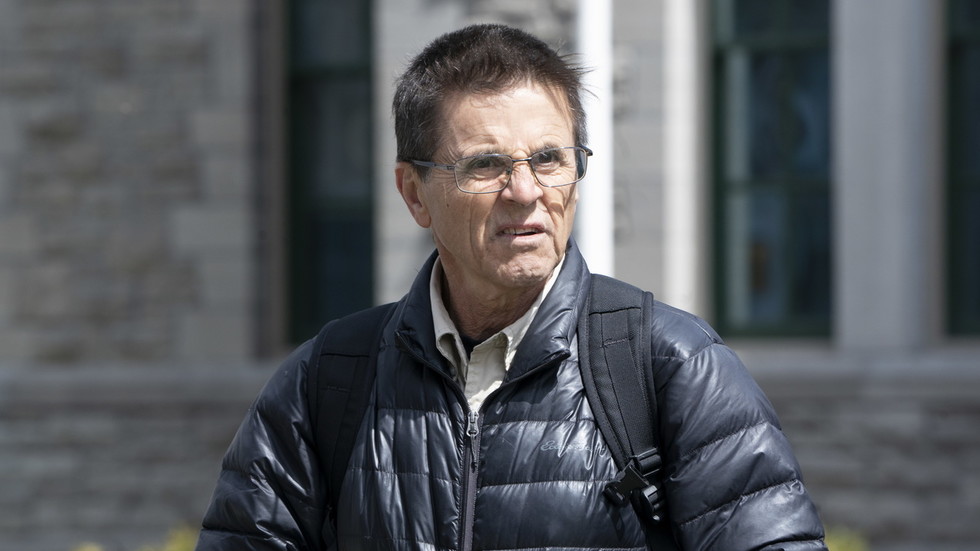Hassan Diab, a Lebanese-Canadian national, has recently made headlines for being hired by Carleton University in Canada to teach a course on “social justice in action.” This development is particularly contentious due to Diab’s involvement in a significant historical incident: a 1980 bombing at the Rue Copernic synagogue in Paris, which resulted in the deaths of four individuals and injured 46 more. In 2023, a French court convicted Diab in absentia for his alleged role in the attack. Diab has consistently denied any participation, claiming that he is a victim of mistaken identity and that French authorities have confused him with another person.
The bombing at the Paris synagogue took place during a Jewish holiday when approximately 320 worshipers were present, leading to a tragic loss of life and emphasizing the seriousness of the crime. French authorities assert that Diab was a member of the Popular Front for the Liberation of Palestine (PFLP) and that he planted a bomb strategically to maximize casualties. Diab was extradited to France in 2014, where he experienced a brief imprisonment before being placed under house arrest. However, after just two years in France, he managed to escape back to Canada on the very day of his release, further complicating the case and raising questions about his alleged involvement.
Carleton University originally hired Diab in 2009 to teach sociology but later terminated his contract. Despite this past development, the university has chosen to reinstate him, demonstrating support for Diab’s narrative and suggesting that he may have been “unjustly accused.” The institution has expressed its commitment to addressing injustices, and it has even organized rallies to advocate for Diab’s rights in the face of what they perceive as unjust legal proceedings against him.
This hiring decision has drawn significant attention from various groups, including B’nai Brith, a Jewish civil rights organization that has publicly condemned the university’s decision. They describe the choice to keep Diab as an instructor as “deeply disturbing,” particularly in light of the historical context surrounding the violent act he has been accused of perpetrating. The controversy reflects broader societal conversations about justice, accountability, and the implications of employing a convicted terrorist in an academic setting focused on social justice themes.
Prime Minister Justin Trudeau addressed the situation following Diab’s conviction, stating that the government would closely examine the next steps regarding Diab and reaffirming their dedication to protecting the rights of Canadians. Trudeau’s comments highlight the delicate balance between ensuring justice for victims of terrorism and upholding the rights of individuals accused of crimes. The complexities of this case serve as a reminder of the larger discourse surrounding terrorism, societal justice, and institutional support in contentious circumstances.
As Carleton University prepares for Diab’s return to academia, the ramifications of this decision will likely provoke continued debates within Canadian society. The juxtaposition of a convicted terrorist teaching a course on social justice raises numerous questions about the values and principles that underpin educational institutions, the nature of being accused versus being convicted, and how societies reconcile with their pasts. The case of Hassan Diab serves as a prism through which the complexities of justice, identity, and societal values can be explored, generating essential dialogues around accountability, victim rights, and the potential for rehabilitation.

